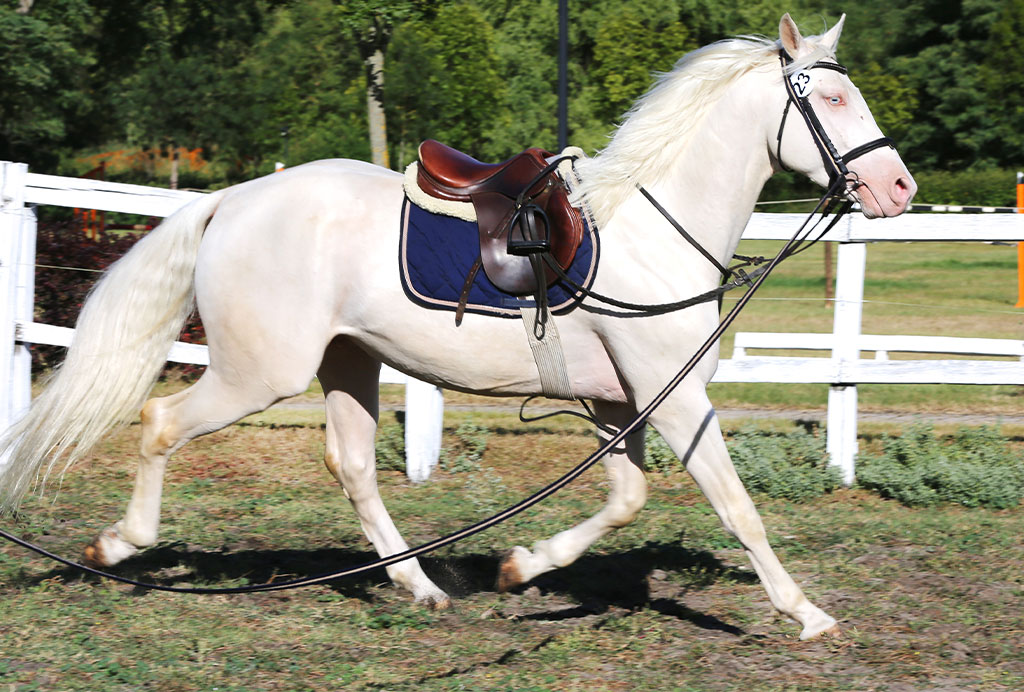Quantity
Total

Continue shopping Proceed to checkout
Menu
- Saddles>
- All products: Saddles
- Dressage saddles
- Dressage saddles available off-the-shelf
- Used dressage saddles
- Jumping saddles
- Jumping saddles available off-the-shelf
- Used jumping saddles
- Endurance saddles
- All purpose saddles
- Pony saddles
- Saddles for kids
- Hippotherapy saddles
- Eventing saddles
- Saddle covers
- Numnahs
- Prestige italia saddles
- Used saddles
- Saddles available off-the-shelf
- Prestige Italia AS-X saddles
- Rider>
- All products: Rider
- Kids>
- Half chaps
- All products: Horse riding helmets
- Riding helmets available off-the-shelf
- KEP riding helmets available off-the-shelf
- Samshield riding helmets available off-the-shelf
- KEP horse riding helmets
- Samshield riding helmets
- KASK riding helmets
- Casco riding helmets
- Glitter riding helmets
- UVEX riding helmets
- Freejump riding helmets
- Horse riding body protectors
- Riding coats
- Riding socks
- Whips
- Horse riding
- Horse>
- NEW ARRIVALS
- All products: Collections
- Sale>
- All products: Sale
- Eskadron Classic Sports 2025
- Eskadron Heritage 2024
- Animo Winter 2024
- Eskadron Platinum 2024
- Pikeur Winter 2024
- Kingsland Winter 2024
- Eskadron Dynamic 2024
- Animo Summer 2024
- Kingsland Summer 2024
- Eskadron Classic Sports 2024
- Pikeur Summer 2024
- Horze Summer 2024
- Horze Winter 2023/24
- Animo Winter 2023
- Equiline Winter 2023
- Kingsland Winter Update 2023
- Pikeur Winter 2023/24
- Kingsland Winter 2023
- Kingsland Dressage Winter 2023
- Samshield Summer 2023
- Anna Scarpati Summer 2023
- Animo Summer 2023
- Pikeur Summer 2023
- Equiline Summer 2023
- Kingsland Summer Update 2023
- Kingsland Dressage Summer 2023
- Kingsland Summer 2023
- Horze Summer 2023
- Eskadron Platinum 2022
- Horze Winter 2022/23
- Anna Scarpati Zima 2022/23
- Animo Winter 2022/23
- Equiline Winter 2022/23
- Samshield Winter 2022/23
- Kingsland Dressage Winter 2022/23
- Kingsland Winter Update 2022/23
- Kingsland Winter 2022/23
- Pikeur Winter 2022/23
- HKM Fall 2022
- Samshield Summer 2022
- Animo Summer 2022
- Kingsland Summer 2022
- Kingsland Dressage Summer 2022
- Kingsland Summer Update 2022
- Horze Summer 2022
- Samshield Winter 2021/22
- Equestrian Fanatics Winter 2021/22
- Pikeur Summer 2022
- Animo Summer 2021
- Eqode
- HKM>
- Brands>
- Absorbine
- Acavallo
- Adamsbro
- Animo
- Anna Scarpati
- Black Horse
- Bucas
- Busse
- B Vertigo
- Cambio
- Casco
- Ceecoach
- Comodo
- Dainese
- DeNiro
- Doctor Horse
- Elt
- Eqode
- Equiline
- Equishop
- Eskadron
- Freejump
- Hippica
- Heiniger
- Hepp
- HKM
- Horze
- Keralit
- Kingsland
- Likit
- Limo Bits
- LPC
- Magic Brush
- Makebe
- Mattes
- Moel
- Over Horse
- Pavo
- Petrie
- Pikeur
- Prestige Italia
- Renaissance
- Rubin Royal
- Roeckl
- RSL
- Samshield
- Sergio Grasso
- Signs
- Spooks
- Tech Stirrups
- Tricolore by DeNiro
- Torpol
- True Rider
- Uvex
- Vestrum
- Veredus
- Wildhorn
- Wintec
- Wintec Lite
- Zandonà
- DEALS






